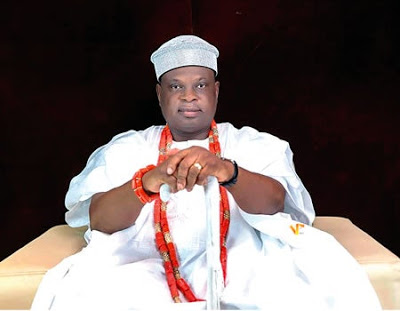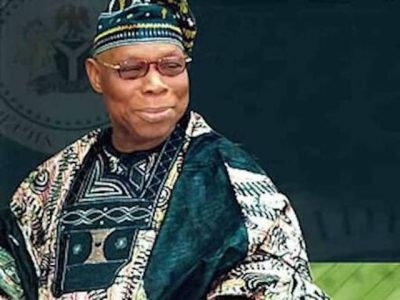Agency Report A judge on Tuesday ordered Nigeria’s former president Goodluck Jonathan to appear at the corruption trial of his party’s former spokesman.
The summons is a surprise development and will be keenly watched, as Jonathan has been cited in several corruption cases but is not thought to have been formally questioned.
But whether he appears depends on when or if he is formally served the court papers in time.
Olisa Metuh is on trial accused of having fraudulently received from 400 million naira ($1.1 million, 945,000 euros) from Jonathan’s national security advisor, Sambo Dasuki.
The former Peoples Democratic Party (PDP) spokesman maintains he received the money on Jonathan’s orders to fund his unsuccessful re-election campaign in 2015.
On Monday, Metuh’s lawyers said they intended to call the ex-head of state as a witness.
Judge Abang Okon, sitting at the Federal High Court in Abuja, said it would be “tantamount to violating the right of (Metuh) to (a) fair hearing not to sign the subpoena”.
“I have no option other than to sign a subpoena to compel former President Goodluck Jonathan to appear in court on October 25, 2017 to give evidence,” he added.
Metuh’s legal team has already successfully sought an order that Dasuki should give evidence.
The former army colonel is being tried separately, accused of illegally diverting some $2 billion in defence funds meant to equip Nigeria’s military against Boko Haram jihadists.
Prominent PDP figures and supporters are alleged to have received the money.
Metuh’s lawyer, Onyechi Ikpeazu, told reporters outside court the request for Jonathan to attend was because “justice… demands all the cards to be placed perfectly on the table”.
Prosecutor Tahir Silvanus added: “We, the prosecution, have no problem with that.
“We look forward to having them, both Colonel Dasuki and the former president, in court so that they can assist in moving the wheel of justice forward.”
Dasuki, who is also using Jonathan as an alibi, has been in custody since his arrest in 2015, despite several court orders that he should be released on bail.
His lawyer, Ahmed Raji, said the issue should be postponed as compelling his client to appear was “very oppressive” and he was “not in the right frame of mind” after so long in custody.
“He doesn’t have access to any document,” he said, adding that he also had a constitutional right to remain silent. NAN













